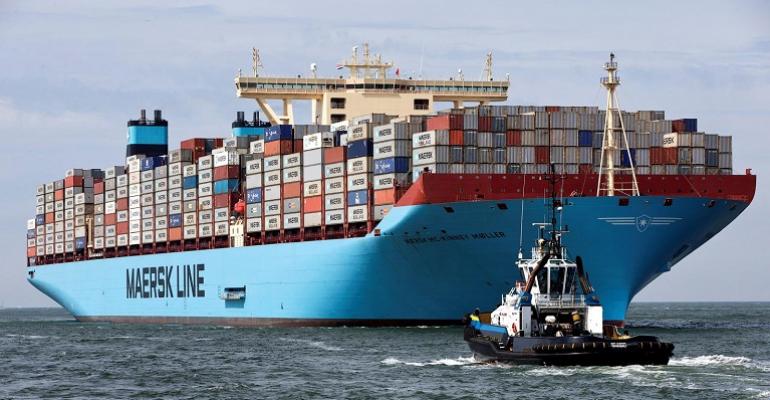The order, placed during the second quarter of this year, could pave the way for similar systems to be installed on other Maersk vessels.
The Danish line has ordered a groundbreaking series of eight 16,000 teu containerships, with methanol dual-fuel engines which Maersk will commission from the first quarter of 2024. The container line holds an option on four more ships in the series, the first of which are now under construction at Hyundai Heavy Industries.
Noah Silberschmidt, Silverstream founder and CEO, declared: “We are delighted that AP Moller – Maersk is backing our market-leading technology, which is proven to significantly improve operational efficiency and reduce associated gas emissions.”
Wärtsilä Marine Power’s Bernd Bertram, Vice President Propulsion, stressed that everything needs to be done to ensure that decarbonising vessel propulsion is a priority for the shipping industry. “Silverstream’s Air Lubrication System is an important stepping stone along this path,” he said.
The announcement comes just a few days after Silberschmidt told Seatrade Maritime News that he expects air lubrication to become a standard feature in the design of vessels of the future. It also follows details of Silverstream’s largest contract to date – a deal to provide its Air Lubrication Systems for 30-plus MSC containerships currently being built at shipyards in China and South Korea.
Silverstream makes ‘conservative’ claims on potential fuel savings, which vary between vessel types and have been independently confirmed by third parties, as well as customers. The company expects that the technology will facilitate typical savings of 5-10%, with those for large containerships lying at the lower end of this range.
Copyright © 2024. All rights reserved. Seatrade, a trading name of Informa Markets (UK) Limited.
Add Seatrade Maritime News to your Google News feed.  |

